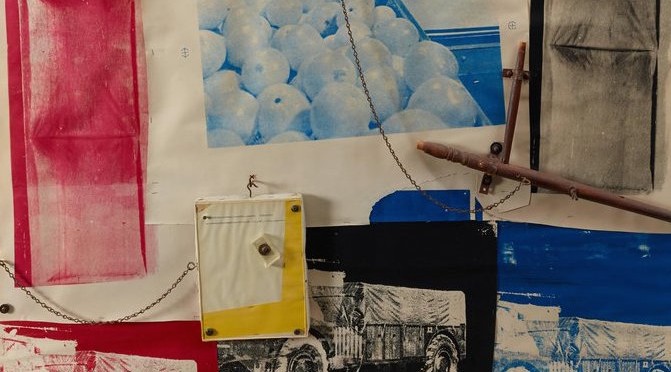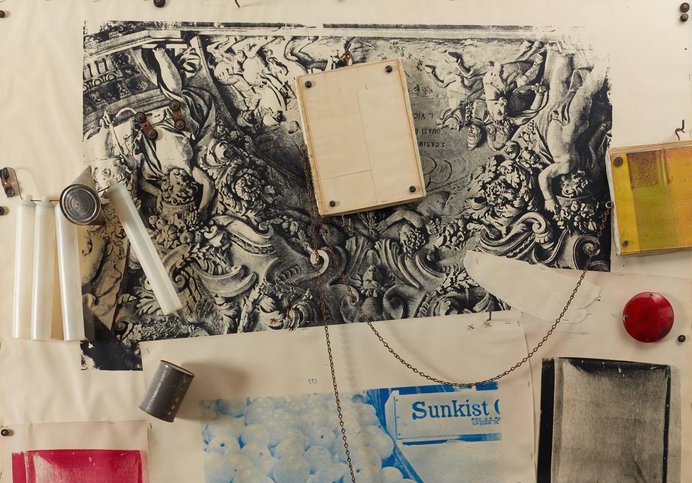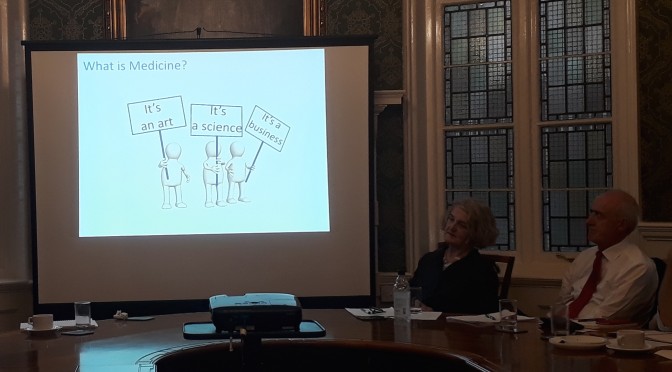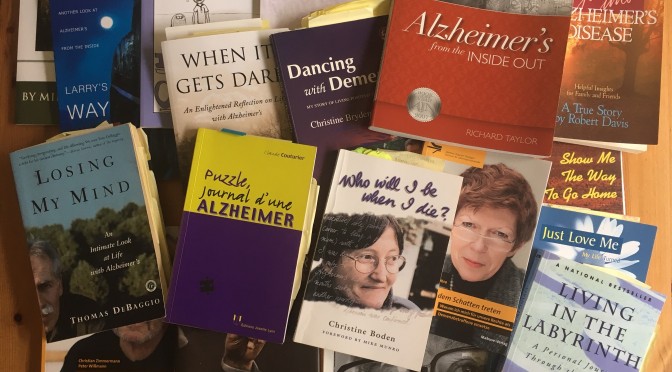by Trisha Remetir (UNC) and James Rakoczi (KCL). though this could not have been written without the contributions of Christine Okoth (KCL), Jennifer Ho (UNC) and Rafael Lubner (KCL), Dr Jane Elliot (KCL), Dr Seb Franklin (KCL).
In August 2017, six students from the University of North Carolina at Chapel Hill travelled to London to take part in the inaugural UNC-KCL graduate student conference: ‘Configurations of Empire’. The two-day conference allowed each participant to present a work-in-progress paper that explored critical-theoretical engagements with conditions of life, labour and belonging under contemporary formations of Empire. Empire, with a capital E, is a term coined by Michael Hardt and Antonio Negri to conceptualise the globalised—and totalised—political-economic relations that characterise the present.
Topics from the North American side of the Atlantic included twentieth-century African American literature, feminist music studies, queer studies, online streaming services’ television shows and contemporary representations of labo(u)r and migration. On the London side, topics included an experimental electronic musician’s transcendentalist critique of the post-human, the psycho-geographies of mental health service user movements in London and the insidious dynamics of the logic of recycling. The conference culminated in a keynote by Seb Franklin on the coding and forms of disposal.
The conference, then, was an event, a research output, a moment, and the satisfying culmination of a year of hard work. This blog post could be about that conference, but instead we want it to tell a different story, one about the networks of working & reading & collaboration & arguments which led to the “event” and continue to develop after…







